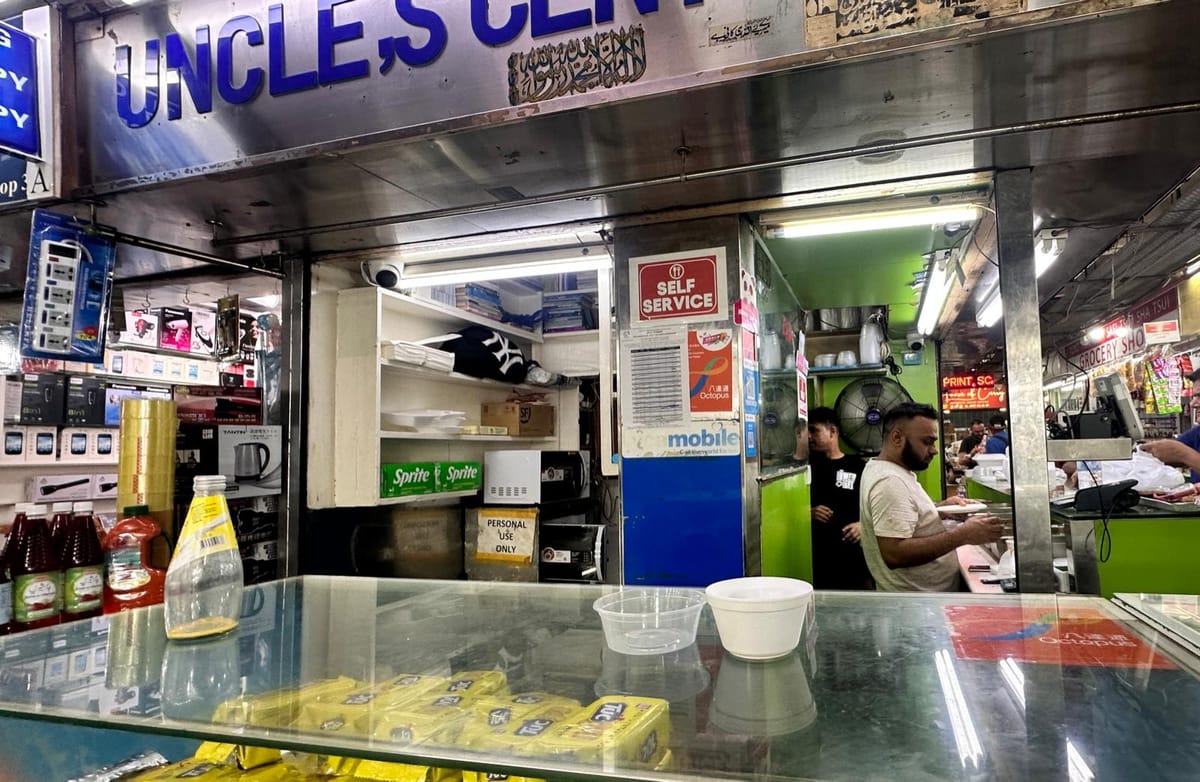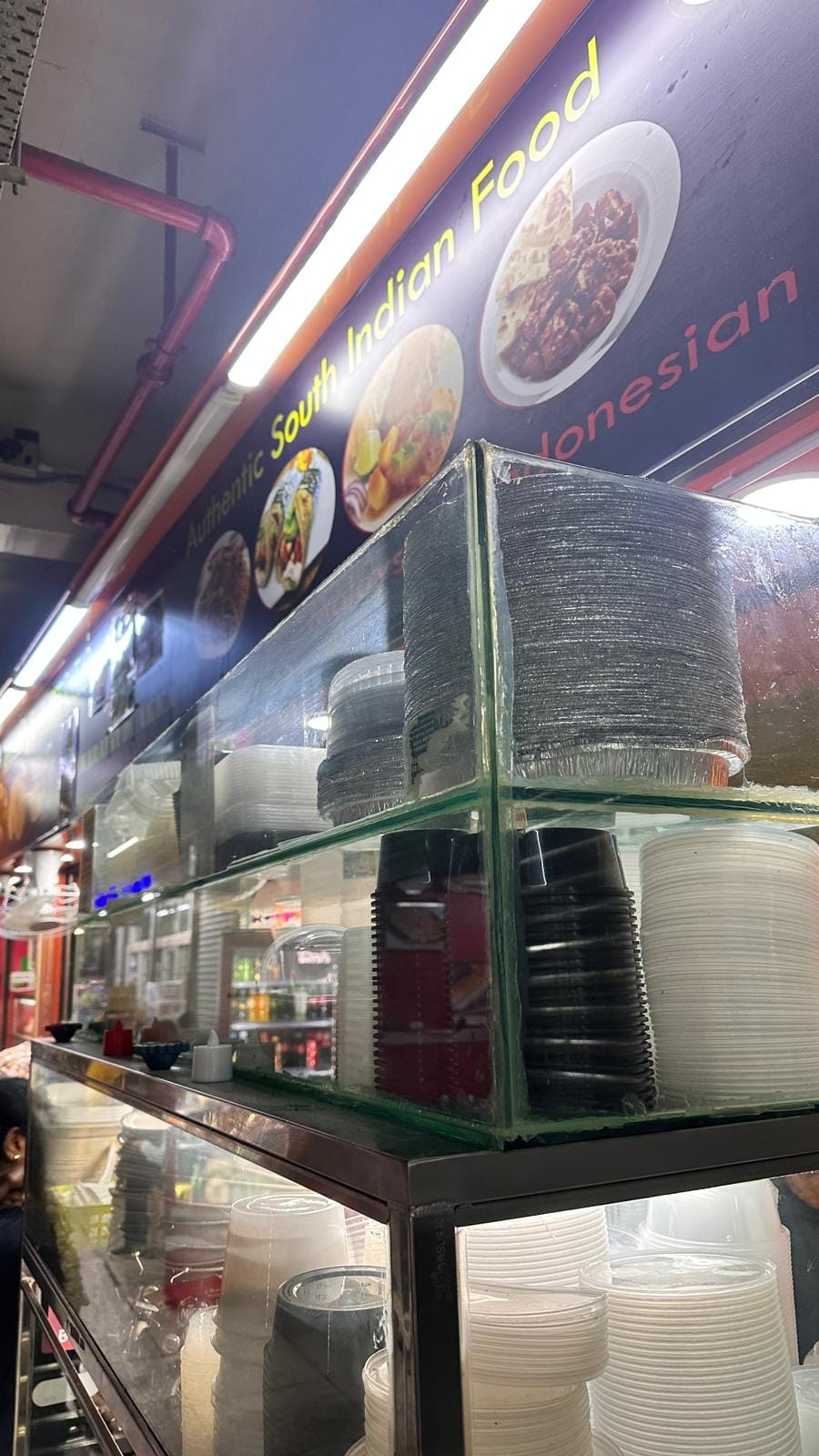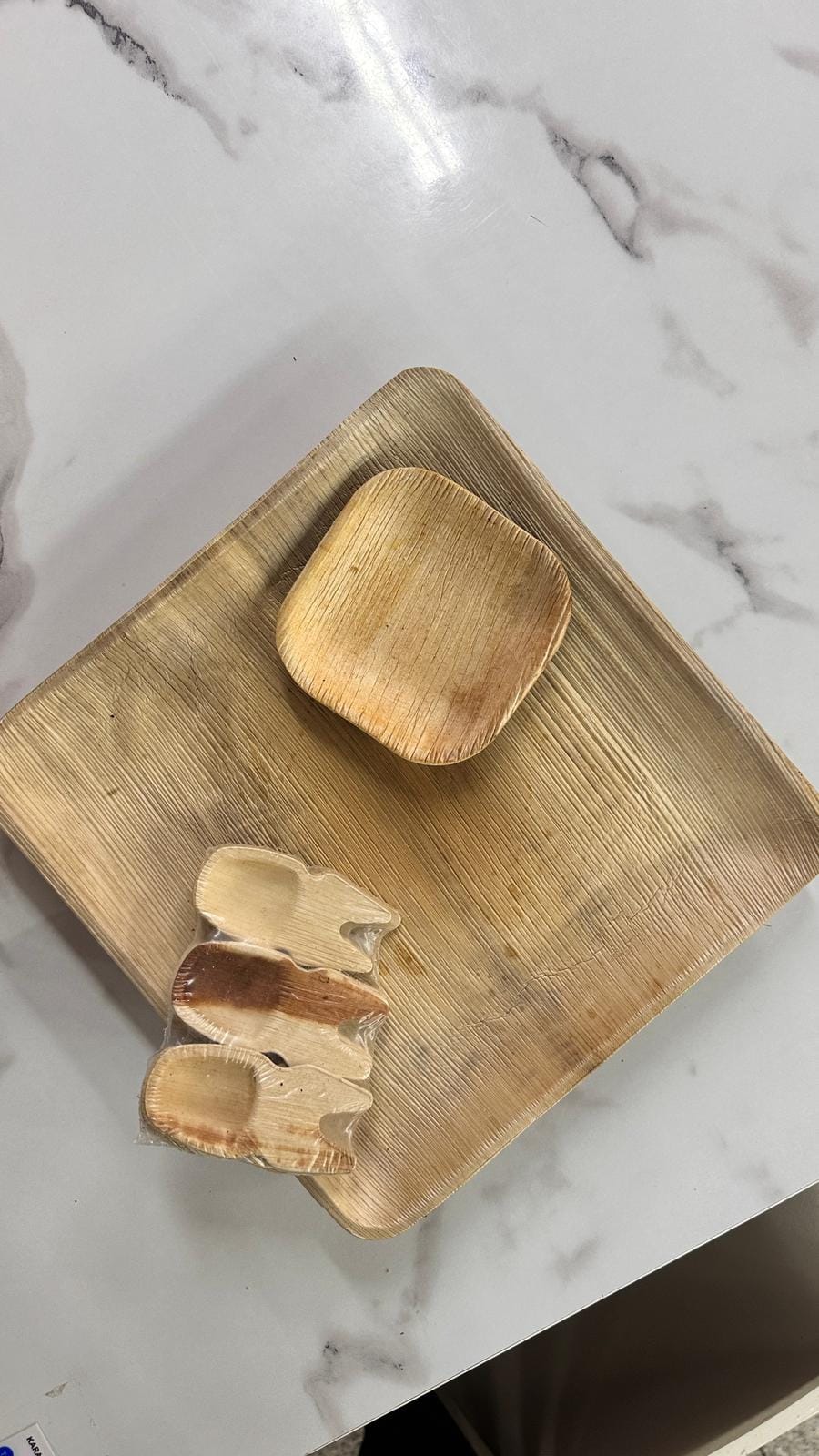Hong Kong's ban on plastic comes into effect
The ban will be rolled out in two phases. The first six months following the rollout will be an adaptation period, during which the government won't take action against any businesses that aren't complying with the new regulations.

A few minutes every morning is all you need.
Stay up to date on the world's Headlines and Human Stories. It's fun, it's factual, it's fluff-free.
Hong Kong's ban on single-use plastics begins today, coinciding with Earth Day.
Phase one of the ban changes nine single-use plastic items for the F&B industry, including plates, cutlery, straws, stirrers and styrofoam products. Plastic food containers and their covers, plus cups and lids, will be restricted to eat-in use only. However, plastic utensils will still be provided to customers if they're part of the packaging for pre-packaged food. Any single-use plastic used for medical procedures, medicines, scientific experiments and forensics will also be exempt from the ban.
The first six months following the rollout will be an adaptation period, during which the government won't take action against any businesses that aren't complying with the new regulations.
"At the early stage of the adaptation period, the EPD will arrange for staff to proactively inspect 20 000 eateries and 20 000 retail stores as well as hotels and guesthouses in Hong Kong, and focus on publicity and education work," said the Environmental Protection Department (EPD).
However, after the adaptation period, education will remain the government agency's priority, "For businesses with repeated non-compliance records, enforcement actions will be taken after taking into consideration the actual circumstances."
Speaking on the ban, Iris Lam, Director of Sustainability and Global Development at Mandarin Oriental Hotel Group, explained, "We are fortunate in the sense that, around 2019, even before COVID, we already pledged to eliminate single-use plastics across our operations as a group effort. Now five years out, for the second year, we are reporting a 99% confidence in our single-use plastic elimination efforts. So when the government announced the disposable plastic tableware ban, we were quite calm, because we were already ahead in many ways."
On the other side of the island, though, some restaurants are navigating a mix of challenges and opportunities.


Source: FSI
Uncle's Centre, a popular Pakistani takeaway spot serving hundreds of customers daily, has temporarily switched to eco-friendly options from its supplier but struggles with little guidance and price spikes. "We're struggling to find new suppliers and maintain an inventory of alternative takeaway materials," he explained to TMS and Foundation of Shared Impact (FSI) – a nonprofit working with small businesses and under-resourced entrepreneurs.
On the other hand, Karaikudi Akka, a South Indian restaurant, proactively replaced plastic six months before the ban, shielding them from its impact. "We wholeheartedly embrace the policy," said the owner, explaining that they first learned about the shift through a leaflet from the Food, Environment and Health Department (FEHD). Surprisingly, the competitive pricing of their imported bamboo and sustainable takeaway products has even allowed for cost reductions.
Shaker, the chef and founder of Baba Jee's, welcomes the ban's environmental benefits but emphasizes the need for more information to navigate the changes for customers and restaurant operators. "Especially with the second phase and the household plastic ban coming, public education and community awareness are vital."
The second phase will come into effect sometime in 2025, depending on “the availability and affordability of the relevant non-plastic or reusable alternatives.”




Comments ()